Iran hints good will to resolve gas field row with Saudi Arabia, Kuwait
Iran says it always observes the principles of good neighborliness and mutual interests in exploiting shared hydrocarbon reservoirs, as the controversy surrounding the Arash joint oil and gas field with Saudi Arabia and Kuwait erupted anew.
Iranian Foreign Ministry spokesman Nasser Kan’ani on Tuesday reacted to the latest claims by Saudi Arabia and Kuwait over their “exclusive rights” to Arash strategic maritime gas field, known as Al-Dorra in the two Arab countries, in the resource-rich Persian Gulf.
Earlier this month, in an interview with Saudi state-run Al Ekhbariya television, Kuwait Oil Minister Saad Al Barrak called on Iran to validate its claim to the field by demarcating its own maritime borders first.
“Whoever has a claim must start demarcating the borders. And if it has a right, it will take it according to the rules of international law,” the Kuwaiti minister said.
A day after the Kuwaiti statement, the Saudi Arabian Foreign Ministry said that the Arab kingdom has “full rights” along with Kuwait to the gas field.
In response to such claims, Kan’ani said senior managers of the Iranian and Kuwaiti foreign ministries held their latest round of “legal and technical” negotiations in Tehran on March 13 about the demarcation of the disputed area.
“The Islamic Republic of Iran has always paid heed to the issues relating to maritime demarcation and exploitation of joint hydrocarbon resources by considering the common interests and the principle of good neighborliness with all the neighbors, including Kuwait,” the Iranian spokesperson added.
He once again reiterated the Iranian administration’s policy on pursuing dialogue, cooperation and engagement and said all bilateral issues are pursued based on such a framework.
The row over the strategic offshore gas field, located in the interlocking marine region between Kuwait and Iran in the Persian Gulf, stretches back to 1967 when it was discovered by the Japanese firm AOC.
Iran and Kuwait each awarded an offshore concession, one to the Anglo-Iranian Oil Company, the forerunner to British Petroleum, and one to Royal Dutch Shell.
The two concessions overlapped in the northern part of the field, whose total proven gas reserves are estimated to be around 20 trillion cubic feet.
Iran engaged in drilling operations in the field in the early 2000s, but those activities were stopped after a visit by a high-level Kuwaiti delegation to Tehran, as Iran didn’t want any dispute.
In March 2022, the Kuwaiti government signed an agreement with Saudi Arabia to jointly develop the field, without taking into confidence another key stakeholder – Iran.
Iran at the time rejected the agreement as “illegal” and in violation of previous negotiations, saying Tehran must be included in any action to operate or develop the field.
Over the years, Iranian officials have held a series of talks with the two countries over the dispute and repeatedly emphasized the importance of resolving it.
On Wednesday, Iran’s foreign minister Hossein Amir-Abdollahian held talks with his Kuwaiti counterpart Sheikh Salem Abdullah al-Jaber al-Sabah in Baku on the sidelines of the meeting of the top diplomats of the Non-Aligned Movement member-states.
The two officials “affirmed the importance of boosting cooperation to maintain the region’s security, safety, and stability … stressing the need for preserving dialogue,” Arabic media reported.
Similarly, the Iranian Oil Minister Javad Owji met his Saudi counterpart, Prince Abdulaziz bin Salman, on the sidelines of an OPEC conference in Vienna to discuss “bilateral issues.”
VIDEO | Pakistan declares Parachinar 'disaster-hit' region amid dire humanitarian crisis
Yemeni missile strikes chaos, mayhem into central Tel Aviv; triggers stampede that injures 20
VIDEO | 444 days of ethnic cleansing
VIDEO | Bethlehem's Christmas dimmed by war, restrictions
Israel admits assassinating Hamas leader, vows to inflict same fate on Yemeni fighters, people
VIDEO | Yemeni forces repel US-British attack, down F-18 Jet
Iran’s capabilities vast; enemy’s ‘maximum pressure’ policies all failed miserably: Senior official
Iran’s economy grew 2.7% y/y in Sep quarter: CBI


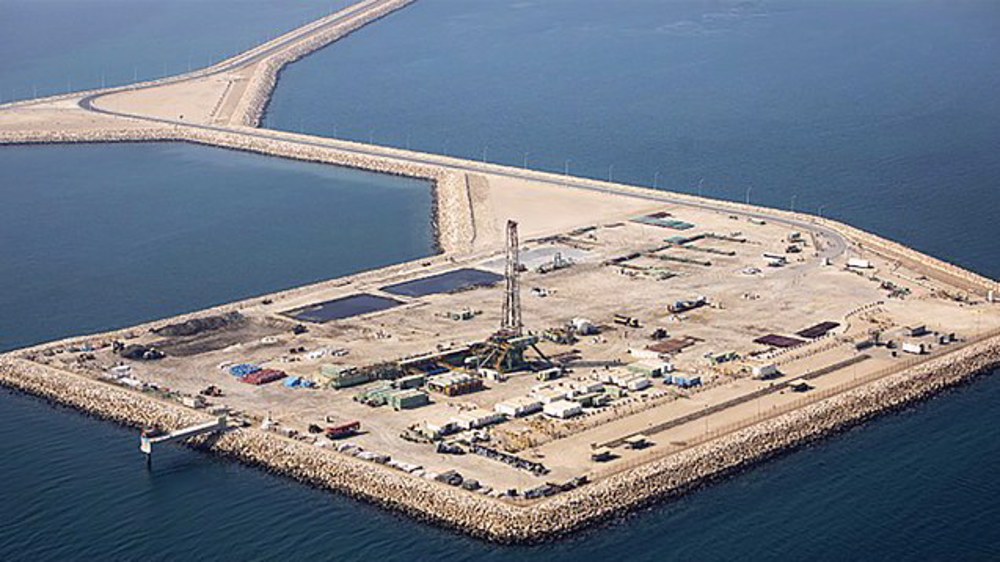

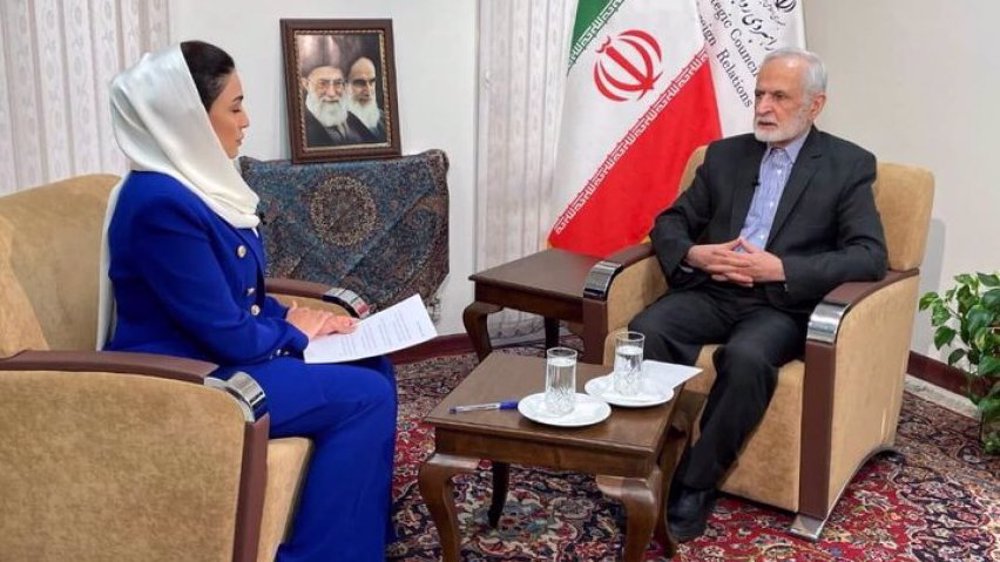
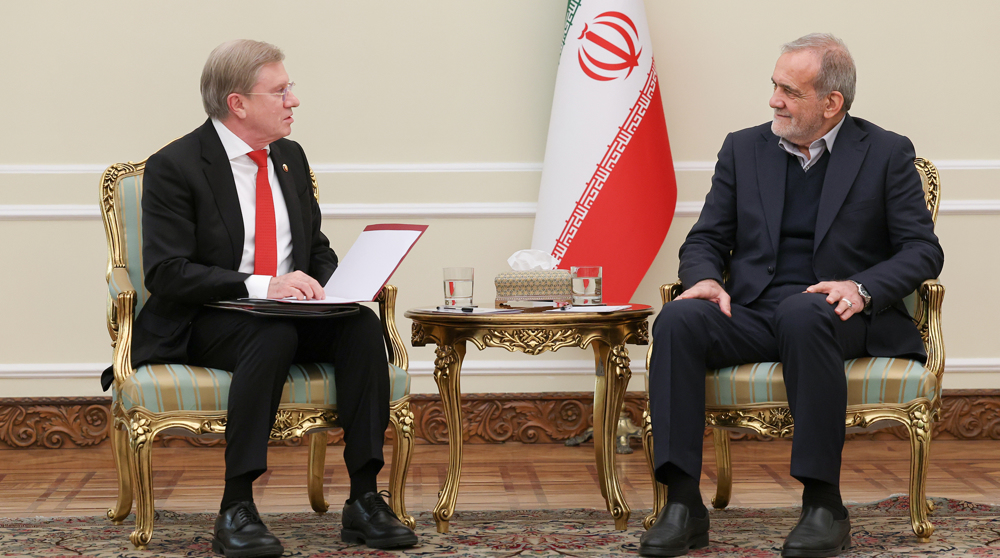
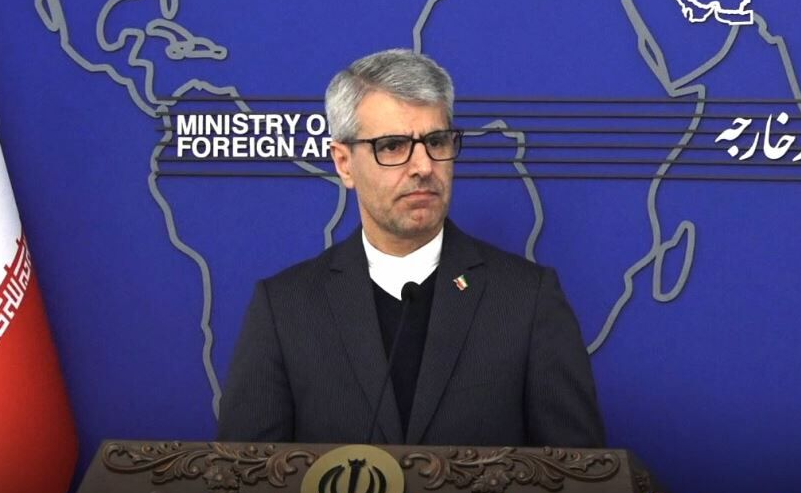



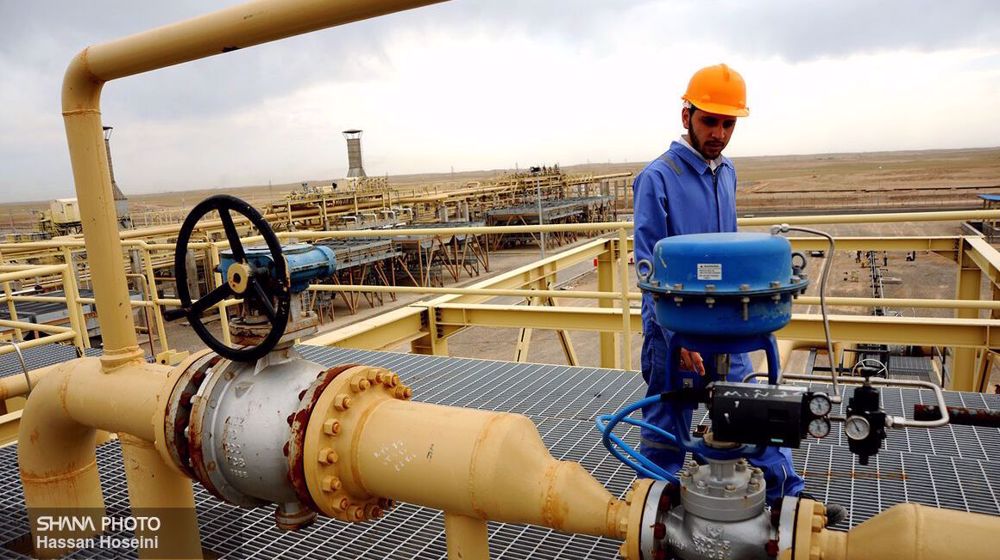
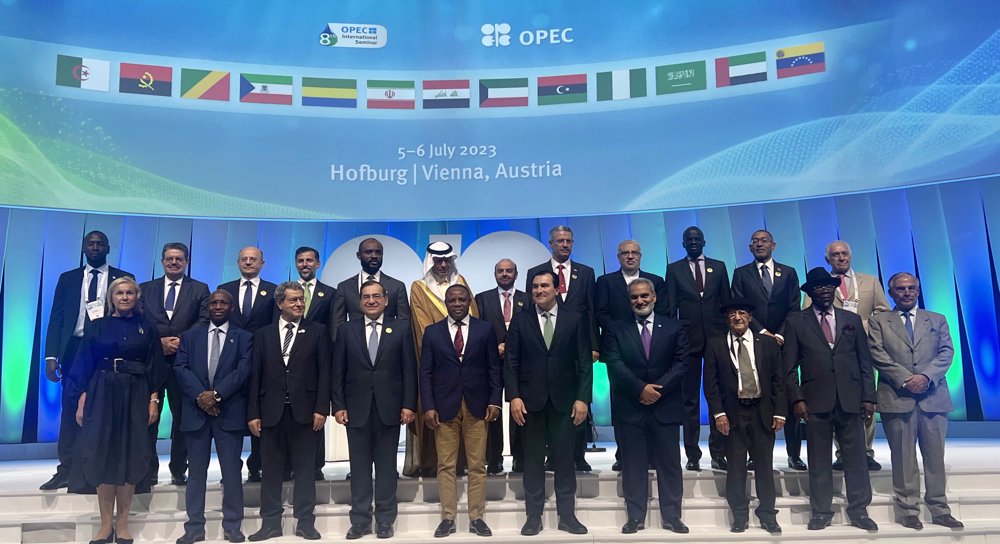
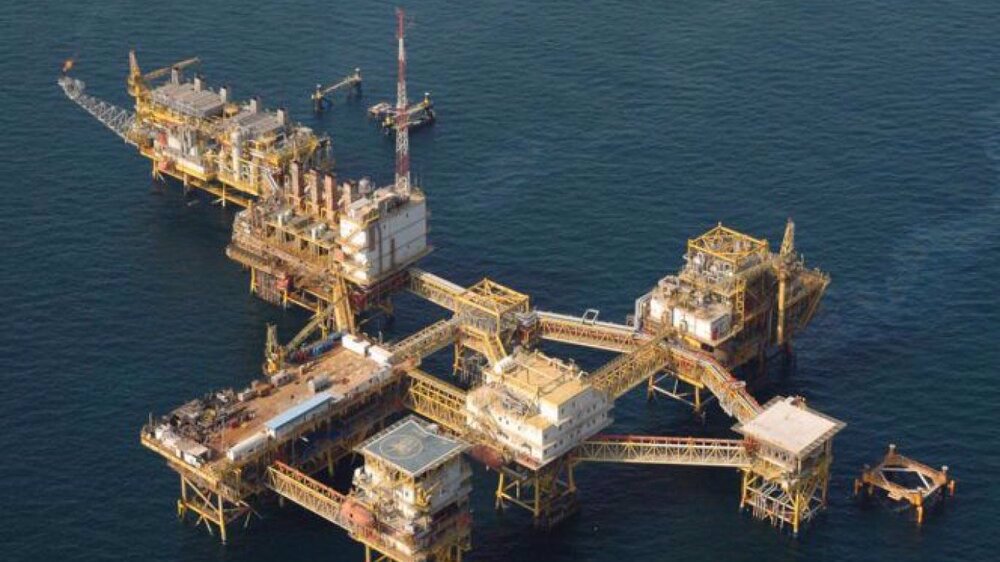
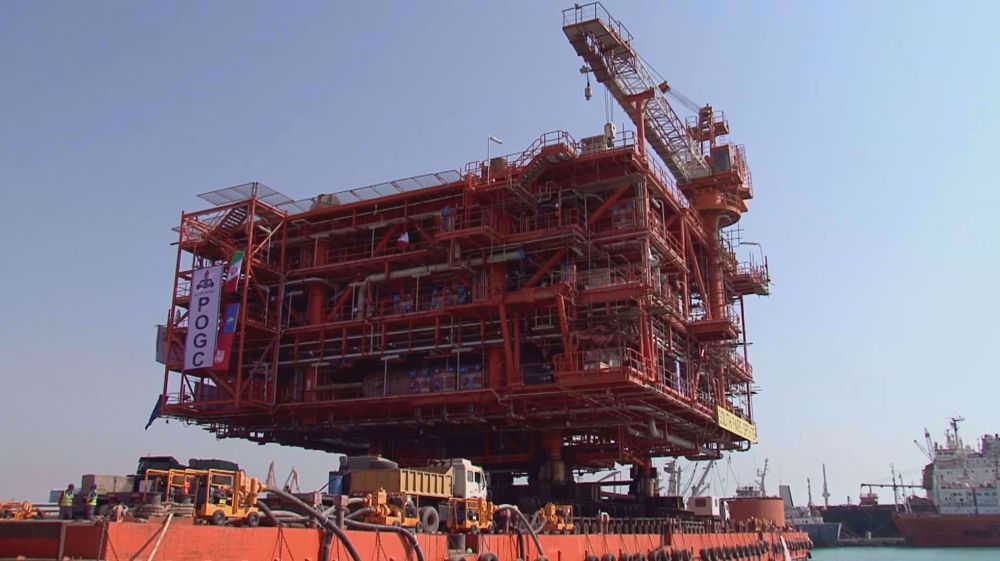

 This makes it easy to access the Press TV website
This makes it easy to access the Press TV website